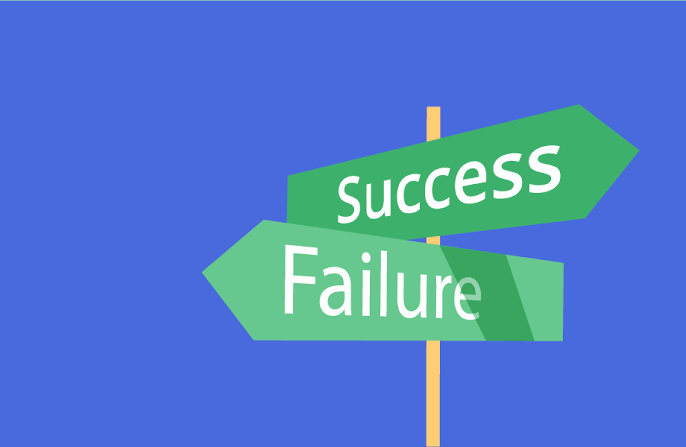When we are faced with problems, our normal human tendency is to get seriously focussed and involved with the problem. We tend to continuously keep thinking about the problem and we cannot seem to get our mind away from the problem even for a short time. This, in turn, often triggers a whole lot of negative emotions in us, like anger, fear, grief, sorrow, irritation, frustration, helplessness, angst, and depression. And with these thoughts and emotions, we try to solve our problems, with varying effects. If someone is faced with a problem, and that leads to that person being extremely upset, angry, scared, panicky, or frustrated, common sense and logic tells us that this person is going to struggle to find a solution. Because to find a suitable solution to any problem, we need to be able to think calmly, clearly and rationally. But when we are confused or upset, our thoughts are not in our control. Our thoughts become bizarre, often unreal or illusory, and tend to be scattered here and there. And every negative thought generated by the problem tends to trigger more negative emotions is us, leading to more confusion and helplessness. And as the pressure builds up in us to find a solution, that pressure also adds to the stress. All in all, in the midst of a problem, we often tend to be our worst selves, and find that our problem solving capacity is at its lowest.
Why does this happen? This happens because we and our problem becomes one, we become attached to our problem, and there is no distance or seperation between us and the problem. And to be able to think with clarity, and to come out with viable solutions, we need to have some distance. For example, because we are not attached to a problem which is faced by our friend or neighbour in the same way as they are, we can often give them very good advice about what to do, provided they ask us and are willing to listen. If our neigbour’s father or mother falls suddenly seriously sick, the neighbour might be frozen with fright or panic, and might not even have the presence of mind to call the doctor or take his parent to the hospital. But if we were called in, we, by virtue of the fact that we are not attached to the sick person in the same way as our neighbour is, would be able to make quick decisions and would be able to shift the sick person to a hospital quickly. The only difference here between us and our neighbour is that he is closely and deeply attached to his parent. and the sudden illness while we are not, and hence solutions are easier for us than for the neighbour. Though this sounds easy in theory, to be able to detach ourselves from our problems and create a distance, is almost impossible for most of us.
By default, by instincty, we automatically get sucked into the whirlpool of our issues, and cannot inject any distance or objectivity between us and our issues. But if we are able to become aware, and are able to, even a few moments, consider the problem to belong to our friend and not to us, we would then be able to see things differently, and would be able to give ourselves some excellent advice. Being deeply attached to the problem is often like going too close to the fireworks. It will most probably burn you. But if we are able to step back a little, we can really enjoy seeing the fireworks without having to get burnt. Most problems we face are also like that. If we are too close, we get mentally and emotionally exhausted and burnt. But if we are able to introduce a slight distance between ourselves and our problems, we can definitely do a better job at problem solving, than we could if we are in the middle of the problem. But for that to happen, we need to cultivate great awareness, so that next time a problem crops up, we can tell ourselves “Hey, wait, dont jump into the whirlpool, stay away and see how best this can be tackled”. But if we miss that moment of awareness when we are first struck by the problem and if we jump into the whirlpool, then it becomes difficult to extricate ourselves from it. So, before the next big problem strikes, practice awareness, by sitting quietly for a few minutes daily, focussing on your breath, watching your breath, watching your thoughts, while not getting attached to them and by recognising your thoughts for what they are—-just thoughts. And once you do this daily, you are ready to interject some awareness and stay a little unattached and distant, when your next problem strikes you. And that will help you tackle the problem much more effectively and positively and with minimal stress.
Source: https://www.speakingtree.in/blog/creating-distance-between-you-and-your-problems
Disclaimer: All information, data and material has been sourced from multiple authors and is for general information and educational purposes only and are not intended to replace the advice of your treating doctor. The views and nutritional advice expressed are not intended to be a substitute for conventional medical service. If you have a severe medical condition or health concern, see your physician.





